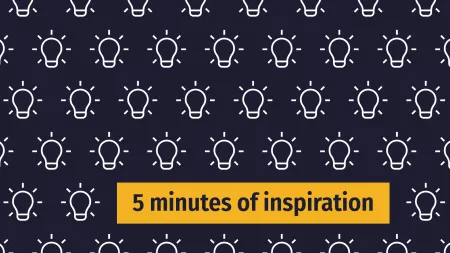Women in Myanmar are stepping up, and finally feel safe doing it. Find out why.
Listening to people in Myanmar shows the incredible power of working with individual women and with community leaders. When asked what’s different for them, women say “ …I now have more confidence, this means the community invites me to more meetings and I am more active in speaking out on issues I care about.”
Working with women can never be enough, so the project also focused on powerful people, who say a key realization for them is “as a leader I can encourage people in my community.”
Strengthening Non State Actors for Peace in Kayah State (SNAP) operated in Myanmar from 2016-2018 with just over $600,000 from the German Federal Ministry for Economic Cooperation and Development. It reached 1,258 people in partnership with the Karenni State Women’s Network.
What did we accomplish?
- Violence has gone down: One woman said she “noticed how my neighbor had stopped being aggressive (shouting and hitting) with his wife.”
- Survivors get more support: 143 survivors of gender based violence got support, 80 accessed safe houses, and 22 got legal services. Village leaders and health officials expressed being more capable of referring survivors to the support they needed. A member of the Women’s Club stated that “because we have many service providers as Club Members we are able to reach out to a lot of people and communities.”
- Women feel more respected: As one woman told us, “I now have a lot of capacity and have gained the trust and recognition from my community – including from men. I have been brought in for community work and my voice is respected and valued. I make money for my family and can rely on myself financially”
- Women are more self-confident: “I now have confidence to speak out in public where I dared not to in the past.”
- Men are more likely to respect women’s right to mobility: One man said, “I understand now that women should allow be allowed to go to meetings and participate in the community more.”
- Women have better access to resources: Through VSLAs, women saved $634,515, and gave out $110,109 in loans. This is at a 3% interest rate, compared to the 15% they would pay if they got loans from a money lender. 61% of loans go to supporting businesses, and 29% go to health or education costs.
How did we get there?
- Support operations for local partners: CARE helped local groups build skills not just in GBV response, but also in financial management, staff management, procurement, etc. We also provided $36,000 in grants to support administration and advocacy.
- Help local groups become financially viable: the project mentored local partners through the grant writing process so they could access other sources of funding.
- Focus on leadership and trust: The project spent time working with partners and local officials focusing on leadership and trust. One village administrator said, “there has been great success in understanding the different types of power and that being a leader and using power requires doing so in an appropriate way” and that “as a leader I can encourage people in my community.”
- Build strong measurement, and adapt programming: SNAP built a strong monitoring and evaluation system, and used the mid-term findings to prepare an action plan that helped them adapt to challenges.
- Partner for advocacy: The project worked with local partners that led advocacy strategies around 16 Against GBV.
- Use VSLAs: The project worked with 35 VSLA groups and organized cross visits so stronger groups could support new ones. As a result, the VSLAs scored 85 out of 100 on organizational quality.
Want to learn more?
Read the final evaluation
